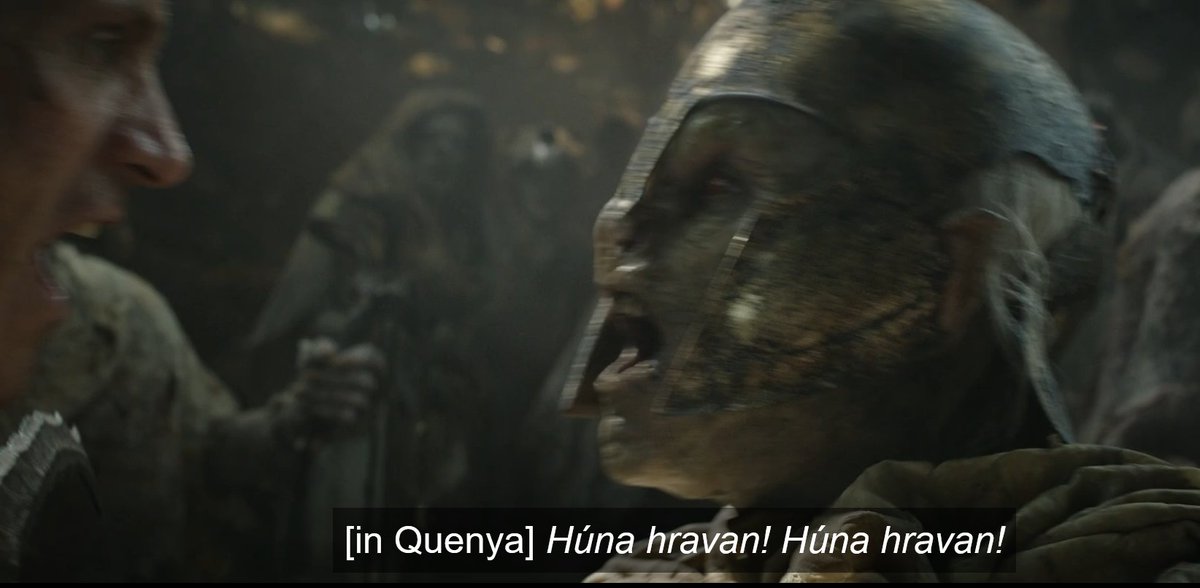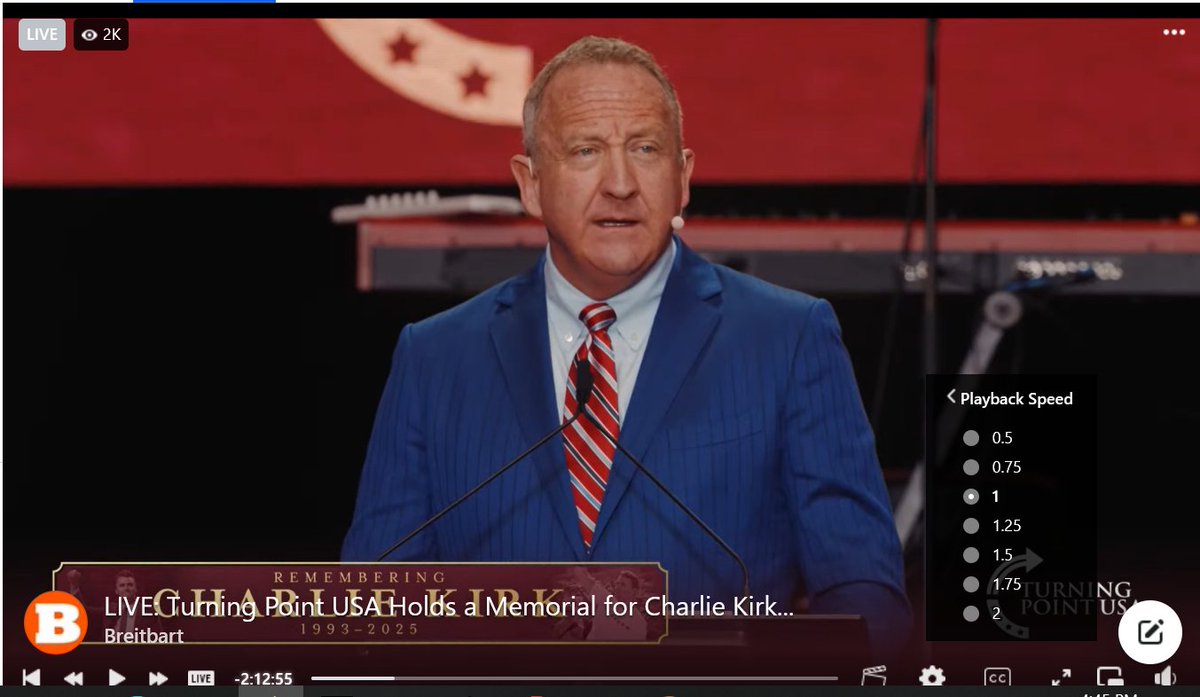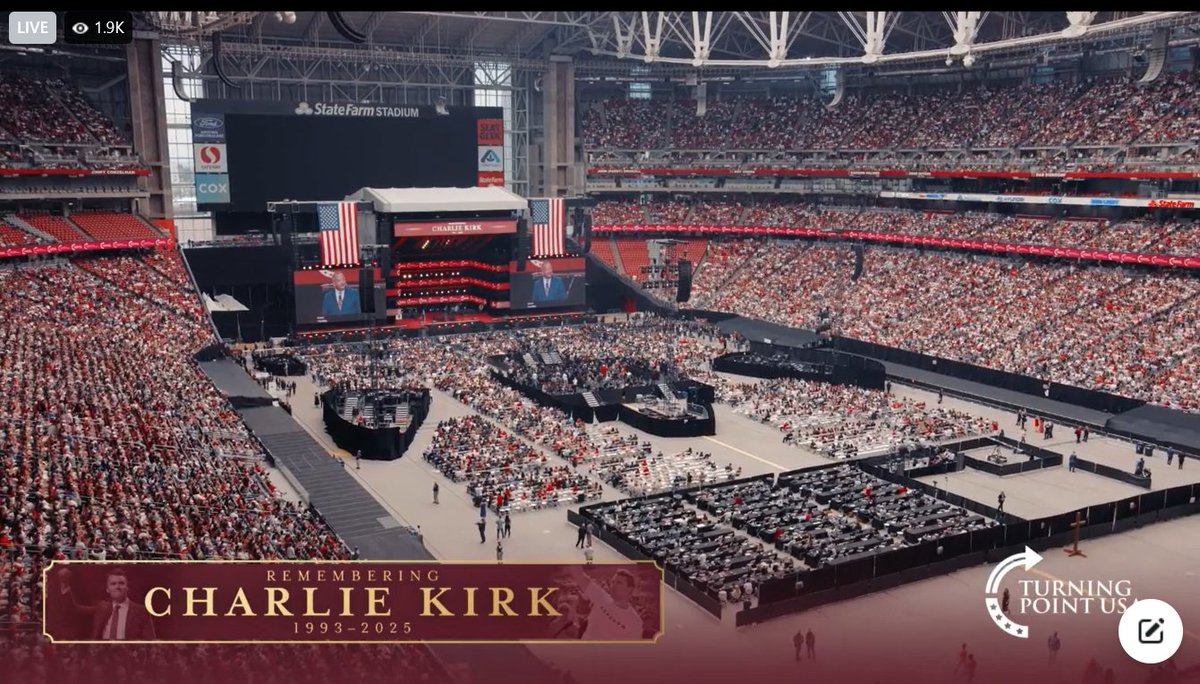Okay, time for a #RingsOfPower Episode 3 livetweet... livewatch... watchtweet... whatever this is.
I'm probably not going to successfully avoid all spoilers, so mute the phrase #RingsofPowerSpoilers if you don't want to be spoilt.
1/?
I'm probably not going to successfully avoid all spoilers, so mute the phrase #RingsofPowerSpoilers if you don't want to be spoilt.
1/?

#RingsofPowerSpoilers
I do like the cool sand-being-formed-into-shapes-on-a-drumhead opening. Wasn't there another opening filmed with molten metal pouring down ring molds, though? Is that being saved for later?
2/?
I do like the cool sand-being-formed-into-shapes-on-a-drumhead opening. Wasn't there another opening filmed with molten metal pouring down ring molds, though? Is that being saved for later?
2/?
#RingsOfPowerSpoilers
What's with the tattered awning thing? Does this franchise actually remember that orcs can't handle sunlight very well -- unlike a certain Peter Jackson I could mention?
3/?
What's with the tattered awning thing? Does this franchise actually remember that orcs can't handle sunlight very well -- unlike a certain Peter Jackson I could mention?
3/?
#RingsOfPowerSpoilers
I am 4 minutes into this episode and already I have been interrupted twice, by two of my kids, who were supposed to be in bed an hour ago.
Also: whoa, did the orcs grab the rest of Arondir's garrison, too?! Efficient work, orcs.
4/?
I am 4 minutes into this episode and already I have been interrupted twice, by two of my kids, who were supposed to be in bed an hour ago.
Also: whoa, did the orcs grab the rest of Arondir's garrison, too?! Efficient work, orcs.
4/?
#RingsOfPowerSpoilers
So, the presumably-Numenorian sailor uniform looks cool but I can't help but think long jerkins and gambesons will be constricting if they have to go aloft. Don't you boys have to reef the topsails sometimes? Keep your legs free!
5/?
So, the presumably-Numenorian sailor uniform looks cool but I can't help but think long jerkins and gambesons will be constricting if they have to go aloft. Don't you boys have to reef the topsails sometimes? Keep your legs free!
5/?
#RingsOfPowerSpoilers
This Numenorian dinghy/gondola thing is being rowed very inefficiently. How much power can you generate standing like that, and facing forward?
It just looks awkward.
7/?
This Numenorian dinghy/gondola thing is being rowed very inefficiently. How much power can you generate standing like that, and facing forward?
It just looks awkward.
7/?

#RingsOfPowerSpoilers
I am *digging* this architecture.
Top two pictures are from the show: bottom two are what I'm guessing are the real-world inspirations. Greco-Roman islander, but with some kind of twist.
8/?



I am *digging* this architecture.
Top two pictures are from the show: bottom two are what I'm guessing are the real-world inspirations. Greco-Roman islander, but with some kind of twist.
8/?




#RingsOfPowerSpoilers
The unexpected hug. Classic Rogue move. Okay, I think I've got this guy just about statted out in my head. High DEX, high CHA, decent but not above average WIS, mysterious backstory...
The unexpected hug. Classic Rogue move. Okay, I think I've got this guy just about statted out in my head. High DEX, high CHA, decent but not above average WIS, mysterious backstory...
#RingsOfPowerSpoilers
So, will we ever see any Numenorian ship doing anything but running before the wind?
I guess it's a bit convenient that wherever they want to go is always downwind.

So, will we ever see any Numenorian ship doing anything but running before the wind?
I guess it's a bit convenient that wherever they want to go is always downwind.


#RingsOfPowerSpoilers
Regarding the tree: Elvish and orcish characterization is on point.
The translation of what he's saying is something like "Howl, wild beast."
Regarding the tree: Elvish and orcish characterization is on point.
The translation of what he's saying is something like "Howl, wild beast."

#RingsOfPowerSpoilers
Anin -- from "anha," "give"
apsene -- from apsen, "release" "forgive"
"Forgive me."
Both words can be seen in "...ar ámen apsenë úcaremmar sív’ emmë apsenet tien i úcarir emmen." ("Forgive us our trespasses, as we forgive those who trespass against us.")
Anin -- from "anha," "give"
apsene -- from apsen, "release" "forgive"
"Forgive me."
Both words can be seen in "...ar ámen apsenë úcaremmar sív’ emmë apsenet tien i úcarir emmen." ("Forgive us our trespasses, as we forgive those who trespass against us.")

#RingsOfPowerSpoilers
Just saying.
Man, I'd hate to see a copyright battle between Wizard of the Coast's lawyers and the Tolkien Estate's lawyers.

Just saying.
Man, I'd hate to see a copyright battle between Wizard of the Coast's lawyers and the Tolkien Estate's lawyers.


#RingsOfPowerSpoilers
Nori threatens to tell Malva that it was Poppy who put "fireweed in her toe cream."
It's got to be a different plant, then, because all that would do is make her toe cream good at drawing out pus?
Nori threatens to tell Malva that it was Poppy who put "fireweed in her toe cream."
It's got to be a different plant, then, because all that would do is make her toe cream good at drawing out pus?

#RingsOfPowerSpoilers
Oh man, I so want to obsess over these shots and try to match them up with real-world constellations.
Is that a Dipper I see up top?


Oh man, I so want to obsess over these shots and try to match them up with real-world constellations.
Is that a Dipper I see up top?



Wait, that's it?! THAT'S IT?!
How long until Episode 4?
How long until Episode 4?
• • •
Missing some Tweet in this thread? You can try to
force a refresh

















